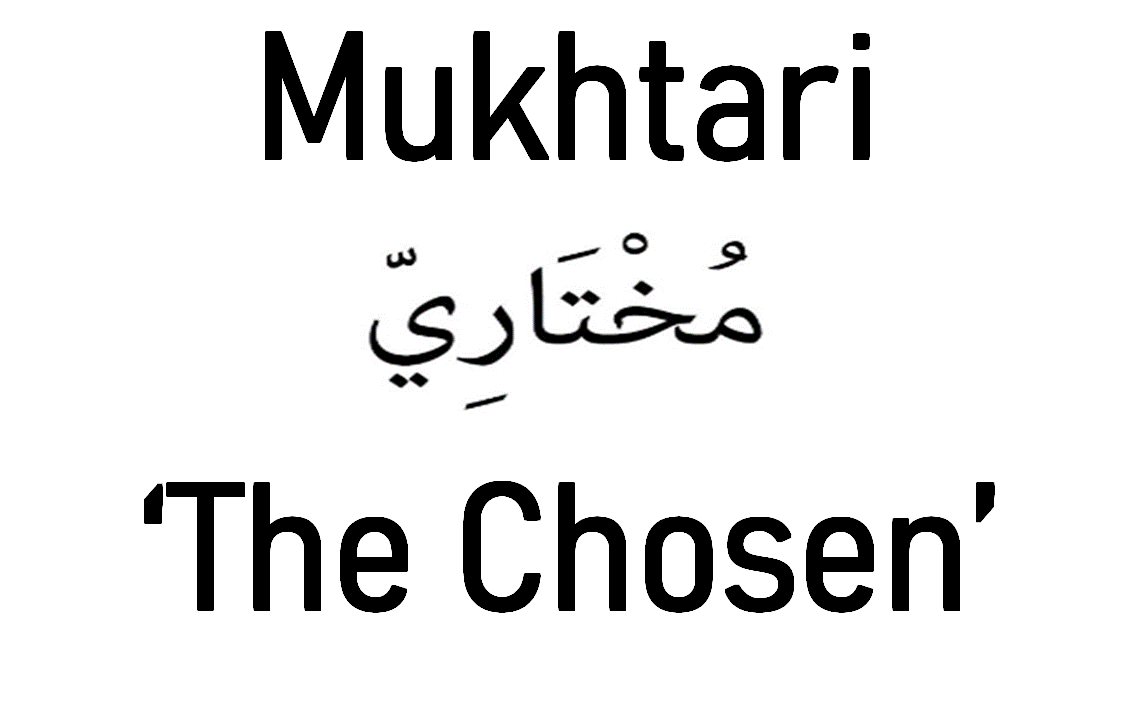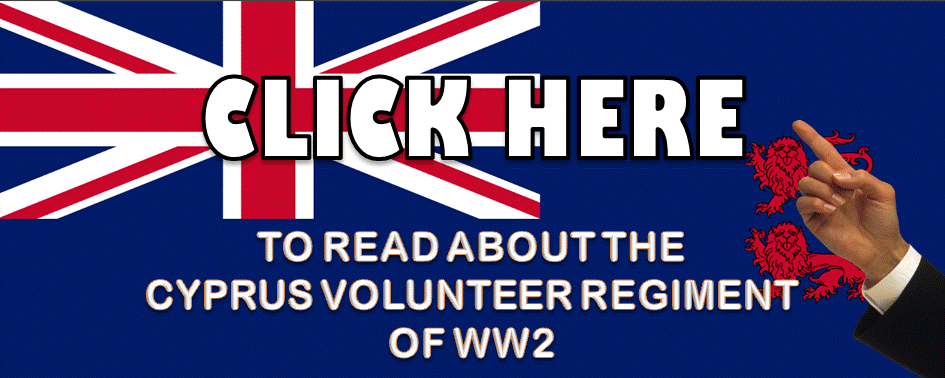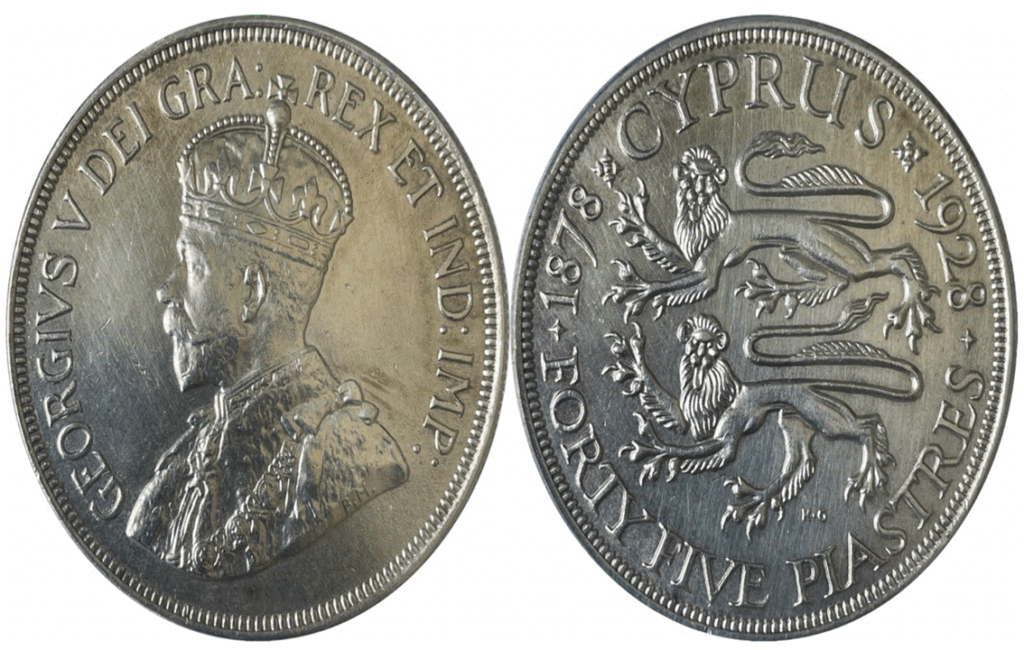
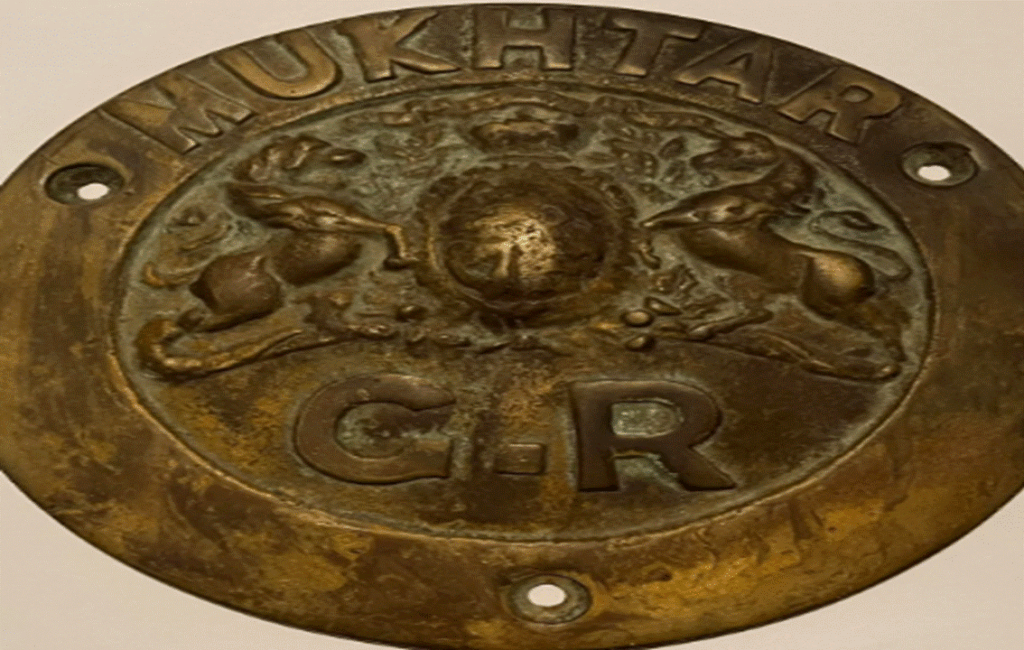
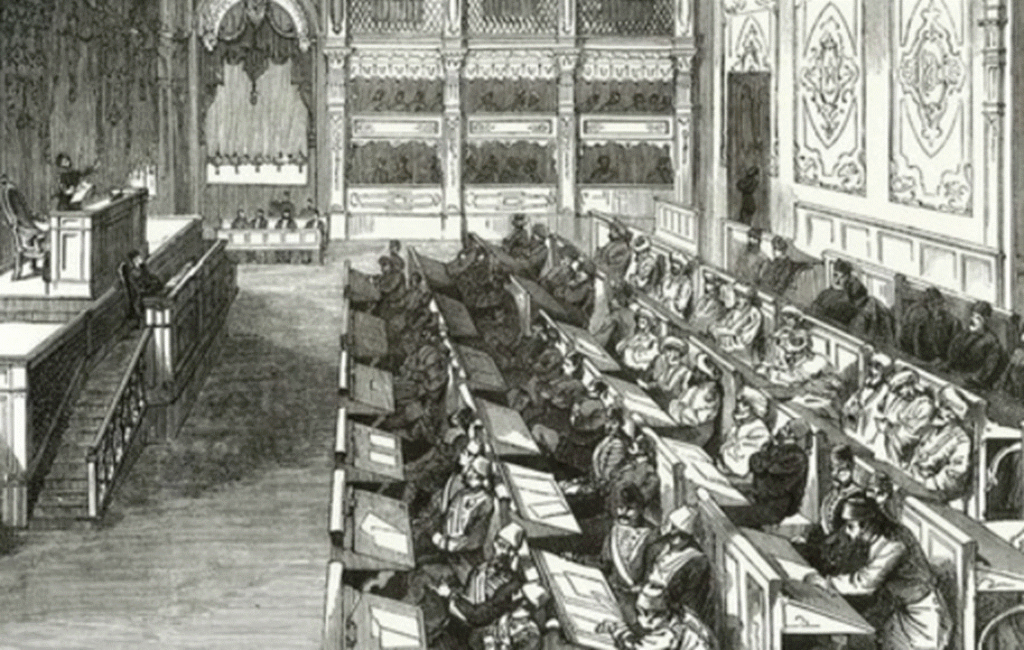
THE CYPRUS MUKHTARI
WHAT IS A MUKHTARI?
Although the Muhktari’s office is a remnant from the island’s past, its function is still relevant within the context of the island’s modern political landscape. With this in mind, a ‘Mukhtari’ is best described as a local councillor who performs an important role in the running of most local issues across the island.
ARABIC IN ORIGIN
Originally an Arabic concept, a very loose meaning of the word Muhktar translates to ‘the chosen’. This name became Mukhtari in Cyprus, after this official was installed in nearly every town and village across the island by the Ottomans in 1571. The Mukhtari’s office back then was made up of up to four Azades. They acted as the Mukhtari’s assistants, and they normally consisted of a band of village or town elders.
A SERIES OF LOCAL ELECTIONS
The office of the Mukhtari, which would typically be elected every two years, worked closely with all local religious institutions. Responsible for appointing rural constables, the office was heavily aligned with the local constabulary. Its rural constables, who were known as ‘Agrofylakes’, along with the Azades, would monitor the day-to-day running of a village or town quarter.
A MULTIFACETED ROLE
Although the modern role of a Mukhtari is an administrative one, the office is still active in both social and diplomatic representation. This is usually conducted on behalf of the local community that the office represents.
A BRITISH AFFAIR
The Mukhtari were chosen and elected by people from their local village or town quarter every two years. The British establishment, however, decided to amend the electoral procedure in 1923. This is when they issued a set of new criteria for the appointment to Mukhtari’s office. It was decided that district councils would only be able to choose candidates from a pre-compiled British list. Local British officials would appoint a person who, in their view, was most suitable or, in most cases, the least troublesome for their administration.
The new criteria included some of the following prerequisites.
NEW OFFICE CRITERIA UNDER BRITISH ADMINISTARION
- An elected Mukhtari must be older than the age of twenty-five years and younger than sixty years of age.
- A person convicted of a serious crime cannot be elected as a Mukhtari or Aza.
- All religious leaders, teachers, doctors or anyone who is a Government employee or member of any municipal or administrative council in Cyprus cannot be elected as a Mukhtari or Aza.
- A Mukhtari should be able to read and write and be wealthy enough to extend hospitality to any visiting officials.
- A Mukhtari should be able to fully perform their duties outside of any other job requirements.
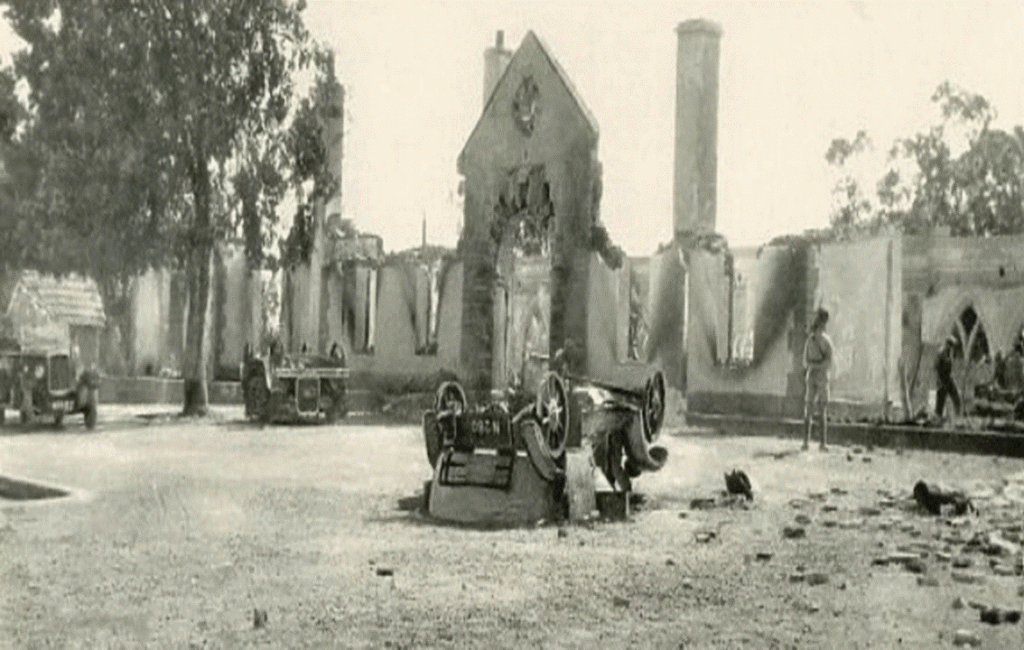
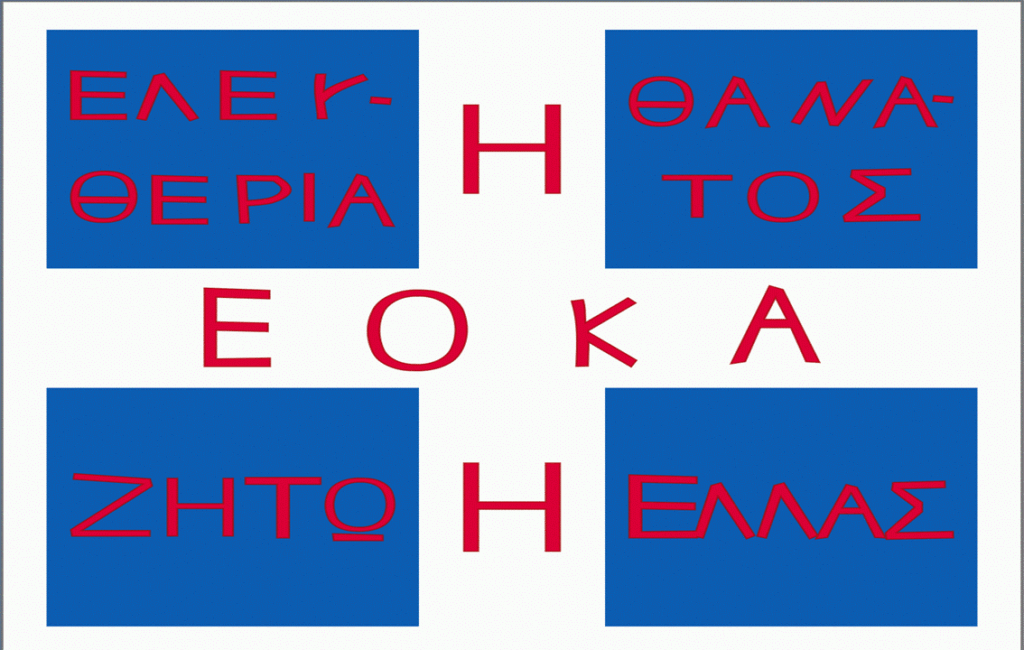
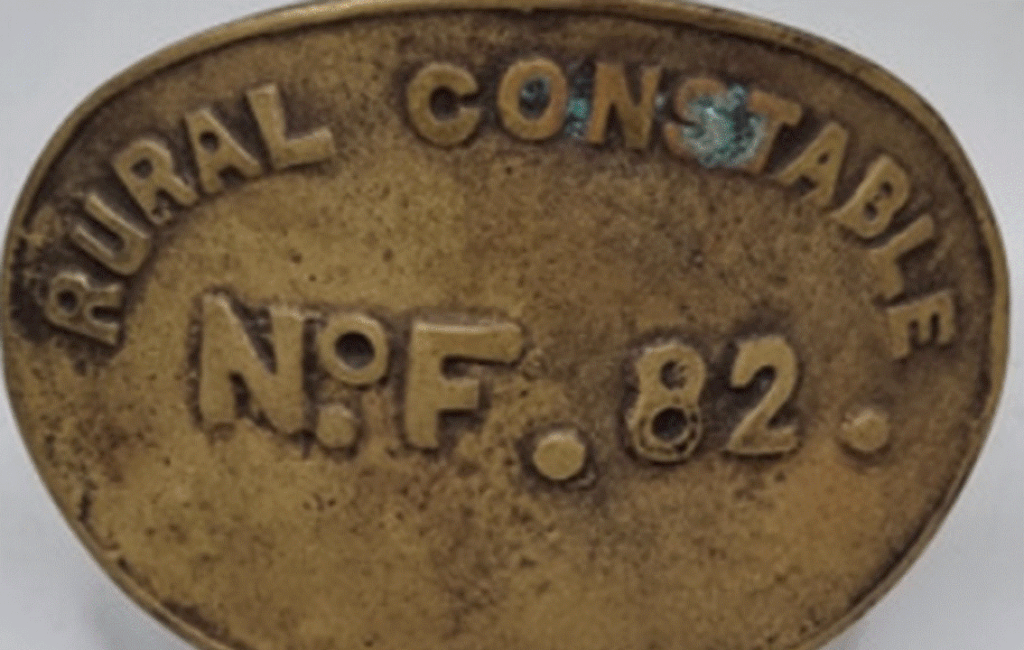
A LOCAL UPRISING
A local uprising in 1931 led to the burning of the Governor’s house in Nicosia. Evidence linking this uprising to several local Mukhtari led the Governor to change the rules of appointment once again. The British decided to rule by decree, and the governor went on to appoint all new Mukhtari himself thereafter. This meant that local people could no longer influence any Mukhtari nominations. The British establishment restored the vote for local people to choose their own Mukhtari after the end of World War Two.
A FIGHT FOR FREEDOM
In 1955, the island’s struggle for independence came to a head. This would go on to adversely impact the role of the Mukhtari’s office on the island. Most of these officials resigned their positions in protest to British rule. This act demonstrated a solidarity with the independence movement that was spearheaded by EOKA. These resignations would go on to deeply affect the British administrative system at the time.
A NEW INDEPENDENCE
The role of the Mukhtari was restored across Cyprus after the island gained its independence in the summer of 1960. All conventional restraints were now lifted, and anyone was now free to run for the office. Most community councils thereafter were built around the Mukhtari’s office, and the Mukhtari was once again installed as the head of their village or town council by default. They were now selected using a consensual or participatory method. Today, this often involves campaigning for votes, leading up to local elections.
A FOCAL POINT
The Mukhtari is usually a resident of the constituency that he or she goes on to represent. This allows them to fully appreciate and then focus on all local issues. The office also presides over all day-to-day issues and the running of all local council services.
A LOCAL ADMINISTRATION
A Mukhtari today plays an integral role in the local administration of community affairs. The office represents and advocates for the interests of the residents within their jurisdiction. They also serve as a vital link between the government and the local community. This ensures that the needs and concerns of their constituency are effectively communicated and addressed.
COMMUNITY EVENTS
The Mukhtari is often involved in the organisation of local community events, supporting social programs and public initiatives aimed at promoting civic engagement and solidarity among residents. The office of the Mukktari often aims to foster a sense of unity and belonging within the community. They do this by encouraging active participation and collaboration among members of the community.
PRIMARY RESPONSIBILITIES
One of the primary responsibilities of a Mukhtari is to oversee the registration of residents. As well as the Muhktari is responsible for the issuance of various official documents, such as certificates, licenses, and residency permits. The office of the Muhktari also plays a key role in maintaining local records and archives that are essential for administrative and legal purposes.
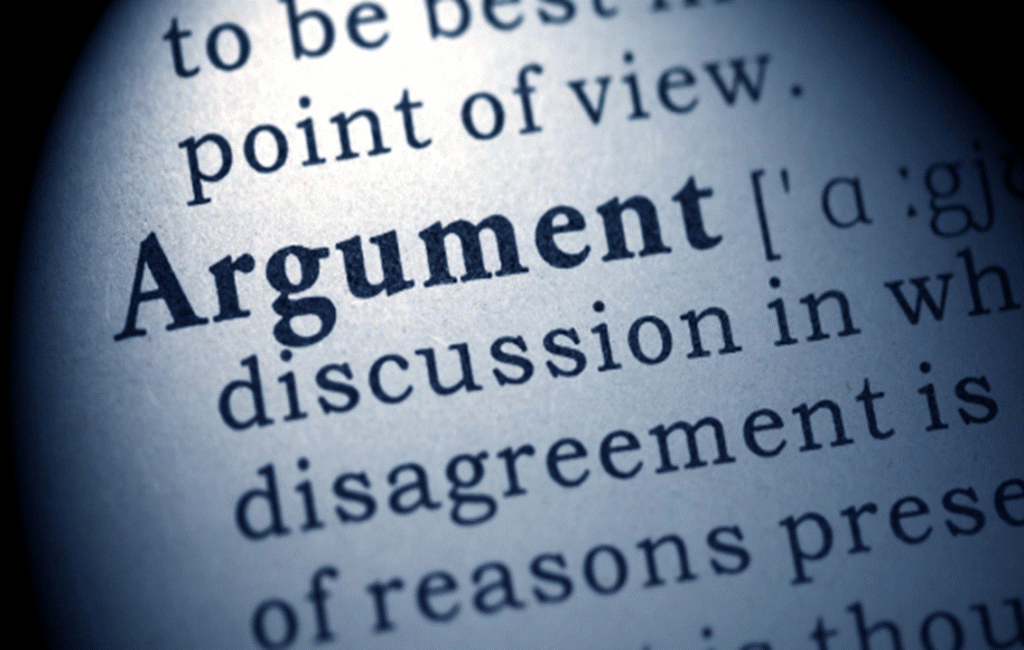
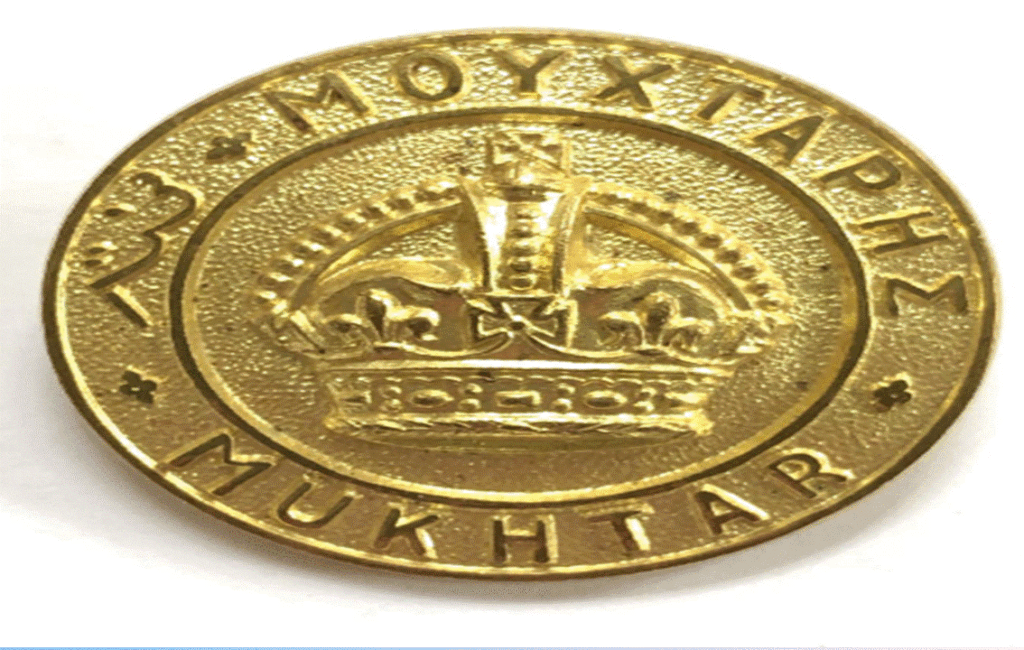

COMMON DUTIES
Some of a Mukhtari’s common duties also include the following
Controlling local budgets
Managing postal services
Maintaining the roads
Keeping public order
Overseeing petitions
Certifying photos for passports
Assisting with the collection of taxes
Reporting serious crimes or accidents
Keeping records of all births and deaths.
Their official stamp is relevant and can be used to authenticate documentation, much like a doctor or solicitor.
